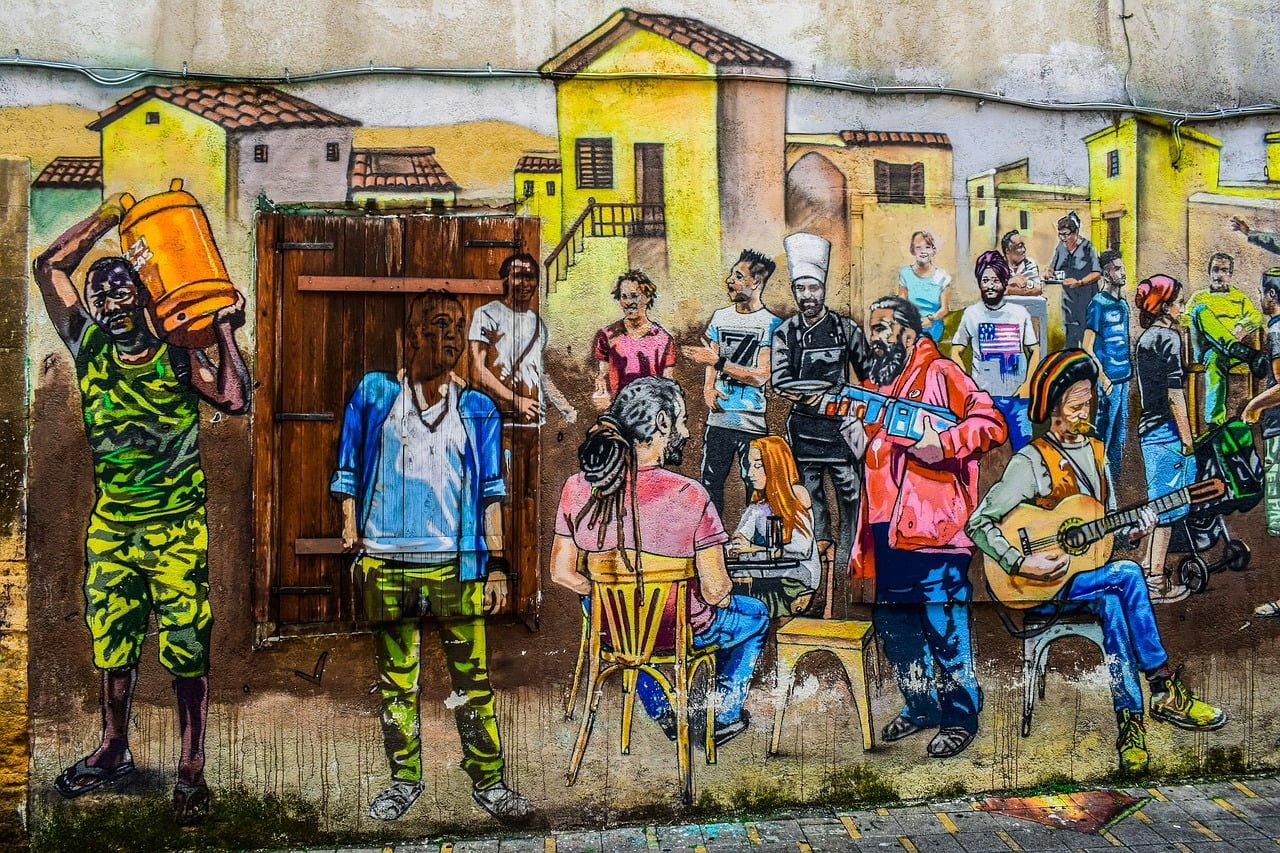International migrations are an intricate part of a more interconnected world in terms of trade, communications and cultural exchanges. There is no question that migrations help improve people’s lives in both sending and receiving states, offering new opportunities for millions of people worldwide to better their lives. However, the causes, scope and complexities of international migrations in the XXI Century are also impacting the lives of millions of people worldwide in ways that many states and communities were ill prepared to deal with. The persistence of extreme poverty in large areas of the world, the impacts of climate change, the continuation of internal conflicts, regional wars and religious or sectarian inspired violence have forcibly displaced a record number of over 68.5 million people worldwide. According to the UNCHR’s 2018 Global Trends, “31 people are newly displaced every minute of the day.” Economic and survival migrants, as well as refugees from the Global South, are desperately looking for new routes and ways to reach a place they can call a safe haven. At the same time receiving and transit states are struggling to balance their immigration and asylum policies between their obligations to uphold the fundamental human rights of migrants and the growing pressures of xenophobic sentiments and nativist attitudes.
The irony of today’s globalization is that goods and services can move with more freedom, yet the cherished right to freedom of movement for people has come to a dramatic halt: Migrants are perceived as a threat to the security of the state or as criminals if they dare not follow the everyday more restrictive immigration laws and policies. For those migrants who cannot meet the increasing legal requirements, restrictions, barriers, and costs to cross borders, their options to migrate legally have become practically impossible. Those looking for a better life or refuge are being pushed to find new and more perilous journeys putting their lives and those of their loved ones at the mercy of inhospitable environments or unscrupulous smugglers or human traffickers. This includes persons being pushed to use false identities, and otherwise misrepresenting their circumstances to get their foot in the door. According to the International Organization for Migration (IOM), in 2017 the number of migrants who disappeared or died during such journeys were estimated to be more than 5,000 with most incidents occurring in the Mediterranean.
Activities
Conferences
4th Global Conference
Migrations: An Inclusive Interdisciplinary Conference
A Cultures and Societies Project
Sunday 10th July 2022 – Monday 11th July 2022
Athens, Greece
Call for papers, presentations and participation now active.

